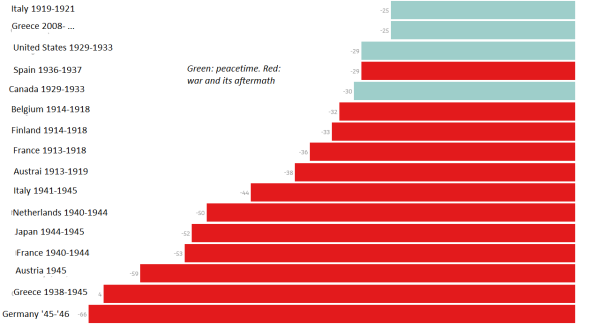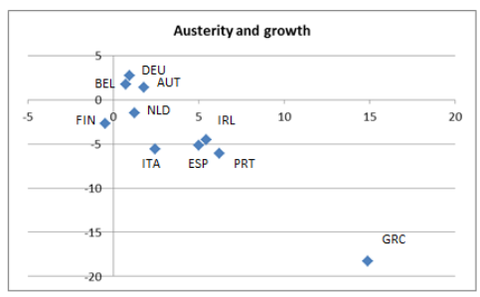DEC-1982
Full time employment: Posting here.
Has anybody in Europe or elsewhere figured out the cost to have 18 finance ministers and 18 heads of state spend so much time on one country's problems (18 is not counting Greece)? I suppose they think it's worth it; anyway it's less than the @ Euro 350 billion that everybody knows is not going to be repaid.




